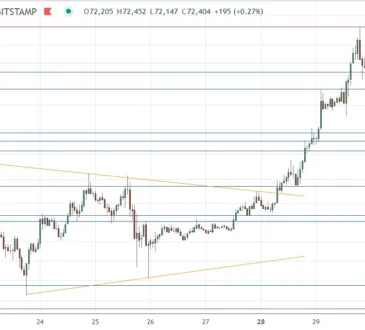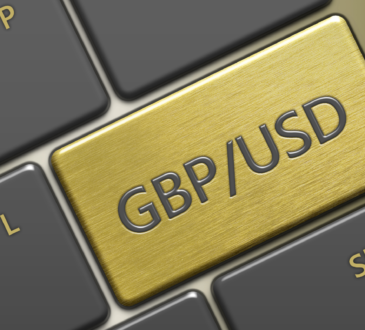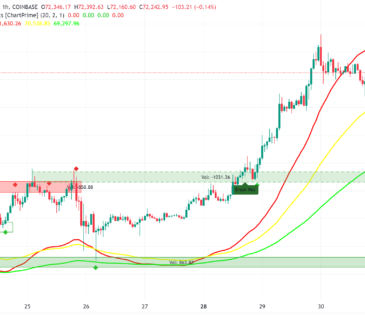The global market dealing with the trading of currencies is known as the foreign exchange or forex market. This emerging trend may be due to technological enhancements, favorable legislation and enhancement in interest on triple funds. As the world’s biggest financial market, forex trading enables certain opportunities and issues, more so in a volatile and evolving nation like South Africa.
The Emergence of Forex Trading Business in South Africa
Over the period of one decade, the forex trading in South Africa has had remarkable improvements. According to the Bank for International Settlements (BIS), the global forex market sees daily trading volumes exceeding $6.6 trillion, and while South Africa represents a small fraction of this, its influence is steadily increasing. It has been observed an increase in the number of the retail trader and institutional trader owing to high return for the investment and easy access to the market.
Forex in South Africa has seen substantial growth over recent years, driven by the increasing availability of internet access and smartphones. Thanks to the internet facility, which is used by about 60% of the population, more people in South Africa can trade in forex. This technology involvement has made trading more open, available to a cross-section of people in the society than just the high-end class.
Regulatory Environment
South Africa boasts a well-regulated financial market, with the Financial Sector Conduct Authority (FSCA) playing a pivotal role. The FSCA makes sure that the forex brokers operate within certain rules and the environment that is created by the FSCA helps the traders to trust the brokers. The following is an important one in checking on fraud and thus safeguarding the investors to increase market participation.
Apart from the FSCA, another regulatory body in the country of South Africa is the South African Reserve Bank which regulates transactions in foreign exchange for purposes of complying with international policies as well as managing or reserves of the country’s foreign exchange. These measures establish an acceptable climate within the forex market to encourage the investors both international and local ones.
Economic Factors
Many aspects in South Africa also affect the forex market including the economic structure of the nation. As for the most influential determinants of trade balance and the value of the country’s currency, the country has developed mineral and commodities export, gold and platinum being on the list. Consequently, the Rand that is the South African official currency is commonly classified as the commodity currency which means that it relies heavily on the prices of the exported goods. Thus, this relationship offers special trading prospects for forex traders who can base their strategies on the information regarding world’s commodity markets to invest in currencies.
Furthermore, the ZAR can be characterized by political and economic instability which affects its value, thus this currency is chosen by the traders for short-term speculations. Events like national elections, changes in policies, or international trade also affect the value of Rand; thus, presenting many trading opportunities.
Education and Resources
The growth of forex trading in South Africa is also supported by an increasing number of educational resources. Numerous online platforms offer courses, webinars, and tutorials aimed at both novice and experienced traders. Local universities and financial institutions have also started incorporating forex trading into their curricula, providing a solid foundation for aspiring traders.
Furthermore, the presence of successful local traders who share their knowledge and strategies through social media and other platforms has created a robust community of forex enthusiasts. This peer-to-peer learning environment helps demystify trading and encourages more people to participate.
Challenges and Risks
Despite its growth, forex trading in South Africa is not without its challenges. The market is highly volatile and can be influenced by factors such as political instability, economic downturns, and changes in global market conditions. Traders must be aware of these risks and employ strategies to mitigate potential losses.
Moreover, while the regulatory environment is robust, there are still unscrupulous brokers and scams that can exploit inexperienced traders. It is essential for traders to conduct thorough research and choose reputable brokers who are registered with the FSCA.
Conclusion
Forex trading in South Africa is a dynamic and growing market with significant opportunities. The combination of technological advancements, a supportive regulatory framework, and a wealth of educational resources has made it accessible to a broader audience. While challenges remain, the potential for substantial returns continues to attract a diverse group of traders.
As South Africa’s economy evolves and more people seek alternative investment opportunities, the forex market is likely to continue its upward trajectory. By staying informed, leveraging educational resources, and adhering to best practices, South African traders can navigate the complexities of the forex market and capitalize on its potential.
This content is brought to you by the FingerLakes1.com Team. Support our mission by visiting www.patreon.com/fl1 or learn how you send us your local content here.





